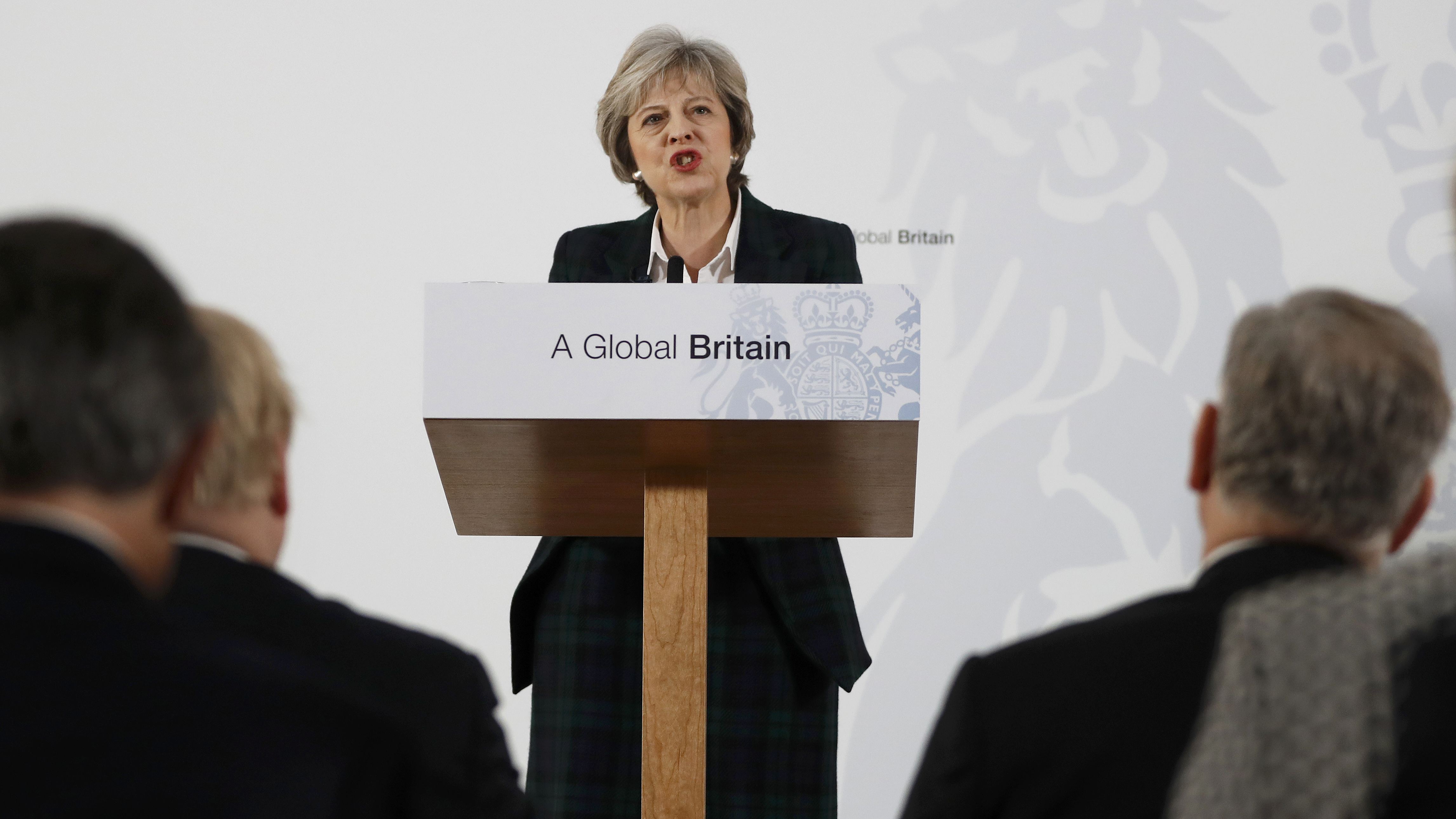
Britain must look to the future, and that future is one in collaboration with the EU on major science, research, and technology initiatives, said UK Prime Minister Theresa May yesterday.
In a speech outlining a clean break from the European Union, i.e. the long awaited ‘Brexit’ speech, May spoke of attracting international talent and remain within the EU’s research programmes while controlling the number of people coming into Britain from Europe.
“We will continue to attract the brightest and the best to work or study in Britain – indeed openness to international talent must remain one of this country’s most distinctive assets – but that process must be managed properly so that our immigration system serves the national interest,” said May.
“So we will get control of the number of people coming to Britain from the EU,” she added.
Speaking in front of a background saying “A Global Britain”, the prime minister said, “We will always want immigration, especially high-skilled immigration, we will always want immigration from Europe, and we will always welcome individual migrants as friends.”
But the message from the public before and during the referendum campaign was clear: “Brexit must mean control of the number of people who come to Britain from Europe. And that is what we will deliver.”
‘Yes’ to research, ‘No’ to migrants

A tourist carrying a Union Flag umbrella walks in the rain during a spell of wet weather, next to The Tower of London, in London, Britain January 15, 2017. Image via Reuters.
While post-Brexit Britain is eager to discard EU’s fundamental principle of freedom of movement, there is one area in which it is a tad more hesitant in pushing this: research.
Instead, Britain wants to strike a deal or an “agreement to continue to collaborate with our European partners on major science, research, and technology initiatives.”
To be “the best place for science and innovation” is point number 10 in May’s 12-point plan for Britain’s future.
And here, compared to other points calling to leave the single market and European Court of Justice, Britain speaks from a unified perspective, “From space exploration to clean energy to medical technologies, Britain will remain at the forefront of collective endeavours to better understand, and make better, the world in which we live.”
History shows EU may not be so welcoming on this deal. When Switzerland applied to be fully readmitted to Horizon 2020, EU’s €80 billion research programme, the EU made the Swiss Confederation continue to accept free movement.
According to the Royal Society, the UK’s national academy of science, the UK contributed €5.4 billion over the period 2007-2013, but received €8.8 billion in direct EU funding for research, development, and innovation activities. Without big overall budget payments to Brussels, as May has made clear in her speech, the deal does not make money sense for the EU.
While May’s speech is more about the broad objectives than the details, given the above, it looks unlikely for the deal that the EU will just “get on with it”.
Liked this? Then you’ll love these…
Indian students increasingly choosing alternatives over UK amid Brexit and immigration restrictions
UK continuing to attract European students post-Brexit, early data shows







